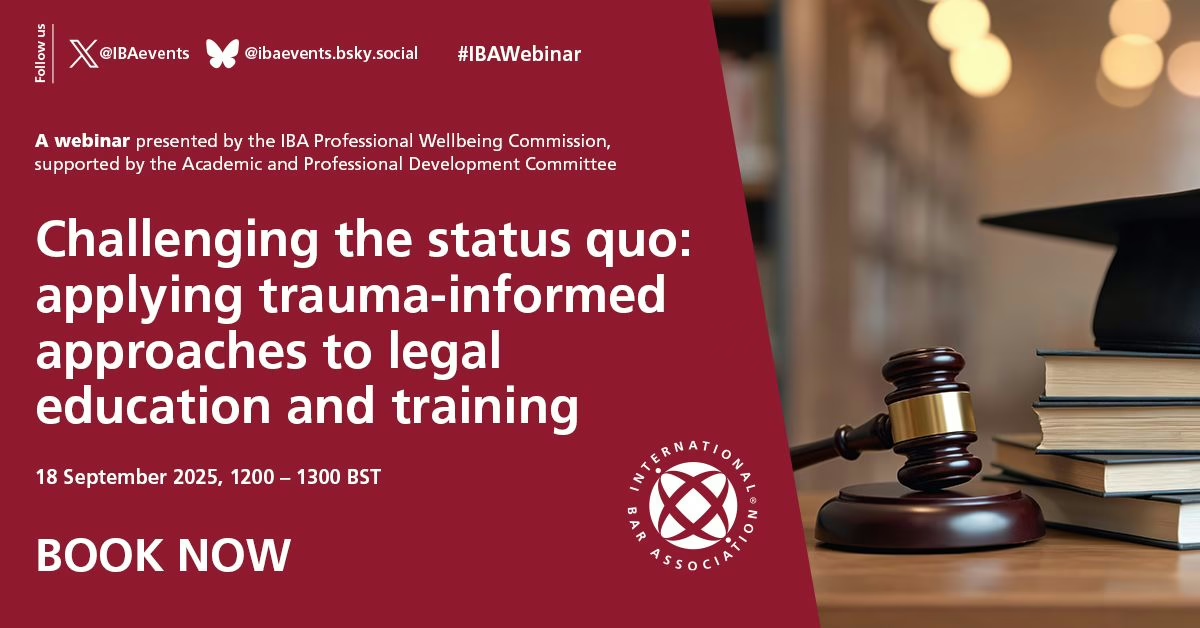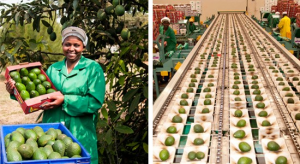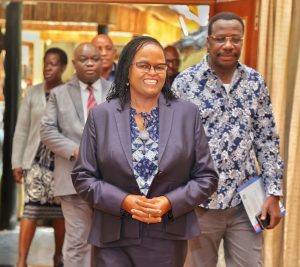The Law Society of Kenya LSK, has weighed in on the debate of GMOs, whose importation and distribution was temporarily halted by the High Court.
Through its Public Interest GMO Taskforce, LSK has so far held meetings with Kenya Agricultural and Livestock Research Organization KALRO and the National Assembly Agricultural and Livestock Advisory Committee, as part of a series of meetings with interested parties on the GMO debate.
The team, led by Senior Advocate Nathans Browne, was hosted by Director General Dr. Eliud Kireger, and is set to have another meeting, leading up to the development of an informed opinion paper.
“We intend to meet all players and every option is on the table”, said Kireger.
The Society GMO Taskforce also conducted a meeting with the National Assembly Agricultural and Livestock Advisory Committee. The two teams are expected to have a series of meetings to discuss the way forward when it comes to GMO seedlings.
The High Court has temporarily suspended the government’s plan to allow importation and distribution of genetically modified organisms (GMOs) pending determination of a lawsuit against the lifting of the ban.
The lawsuit was filed by Kenyan Peasants League, a lobby representing small-scale farmers, claiming that the decision to lift the ban is not procedural.
The court orders, signed by Justice Mugure Thande, bar the government from gazetting any directives regarding GMOs or acting on the Cabinet dispatch that announced the lifting of the ban on GMOs in early October.
The group alleges that GMO products pose a health risk to Kenyans, particularly the poor and those with low incomes. It also alleges that the government lifted the ban without involving Kenyans through public participation as required by the Constitution.
The first lawsuit was filed last month by Mr Paul Mwangi, who sued the government for lifting regulatory barriers imposed a decade ago on GMOs and withholding public information on the genetically engineered crops.
He accused the government of mischief, saying the decision was hurried and if not quashed, it would result in the violation of the rights of small-scale farmers and consumers.
He stated that the import of the 2022 Cabinet decision to allow introduction of GMOs was not to remove a ban on genetically modified foods, but to effect a blanket lifting of all protocols controlling the introduction of GMOs in Kenya.
“Of particular concern is the imminent introduction into Kenya of crops developed using genetic use restriction technology (GURT), which is a technology involving the insertion of what is known as a “terminator gene” into seeds so that upon germination, the seeds ‘commit suicide’ and are therefore unable to pass any life after their harvest. The said harvest is thus incapable of being re-sown and cannot germinate into new crop,” said Mr Mwangi.



















